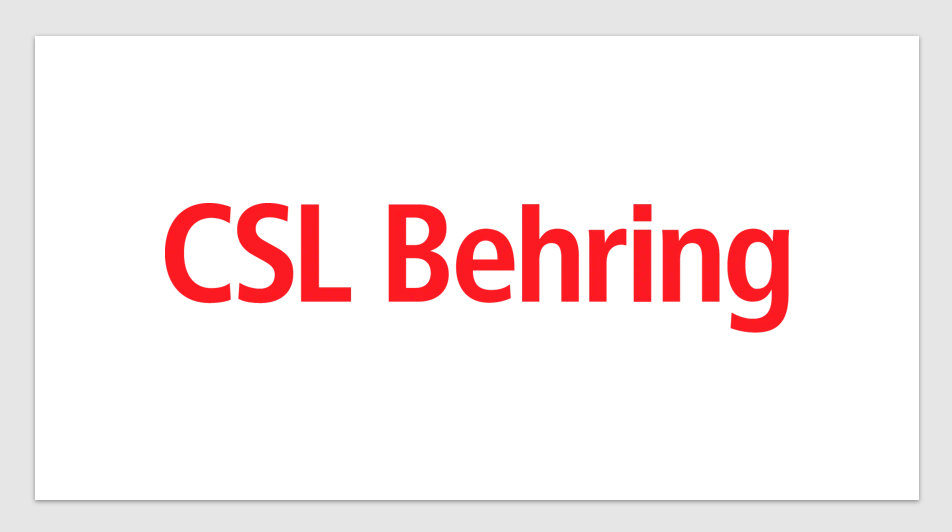Best Practice
The science of why virtual meetings limit innovation

During the COVID-19 pandemic, millions of employees were required to work from home indefinitely and collaborate virtually using videoconferencing technologies. Studies estimate that at least 20% of workdays will take place at home in this new hybrid working environment, with leading companies across various sectors increasing the flexibility of their work-from-home policies.
Researchers examined how this shift away from in-person interaction affects innovation, which relies on collaborative idea generation as the foundation of commercial and scientific progress.
The new study published in Nature found that virtual calls are shown to reduce the production of creative ideas, compared to in-person meetings. The findings suggest that virtual interactions may have a cognitive cost when creating ideas collaboratively.
To investigate how using video calls may affect the generation of collaborative ideas, the authors recruited 1,490 people across five countries. The participants were randomly paired, either face-to-face or via video call, and asked to create product ideas and choose one to submit as a future product innovation for the company.
The authors found that the face-to-face pairs produced more creative ideas compared to the virtual pairs. However, when selecting which idea to pursue, video call pairs were no less effective. These results confirm laboratory studies using eye-tracking data, where the authors found that virtual partners spend more time looking directly at their partner, as opposed to gazing around the room.
The authors Brucks et al. said “Our results suggest that there is a unique cognitive advantage to in-person collaboration, which could inform the design of remote work policies. In these hybrid setups, it makes sense to prioritise creative idea generation during in-person meetings.”
The authors suggest that video calls focus communication on a screen, narrowing cognitive focus and reducing creative idea generation. However, as critically evaluating creative ideas uses a different cognitive process to idea generation, it is not affected by the narrower cognitive focus. The findings suggest that creative work may benefit from in-person meetings, whereas other types of collaboration may not be affected.
Advancing scientific meetings in HCP-pharma engagement – third in a series
News & Trends - Biotechnology

AusBiotech appoints new CEO: Former Sanofi corporate affairs and sustainability leader takes the helm
Biotech News: AusBiotech, the nation’s leading industry body for the biotech sector, has named former leader at Sanofi, Rebekah Cassidy, […]
MoreNews & Trends - MedTech & Diagnostics

Federal government invests in Siemens Healthineers scanner to ‘reduce wait times’ for cancer diagnosis
MedTech & Diagnostics News: The Albanese Government is investing $12 million through the 2024–25 Budget, to purchase and install a […]
MoreNews & Trends - MedTech & Diagnostics

Cardiac device benefits face more cuts, while technical services remain secure in the short term
MedTech & Diagnostics News: Starting from July 2024, Cardiac Implantable Electronic Devices (CIED) listed on the Prescribed List (PL) will […]
MoreNews & Trends - Biotechnology

CSL’s world-first gene therapy heads for MSAC evaluation
Biotech News: CSL’s world-first gene therapy for haemophilia B is scheduled for consideration at the upcoming Medical Services Advisory Committee (MSAC) […]
More